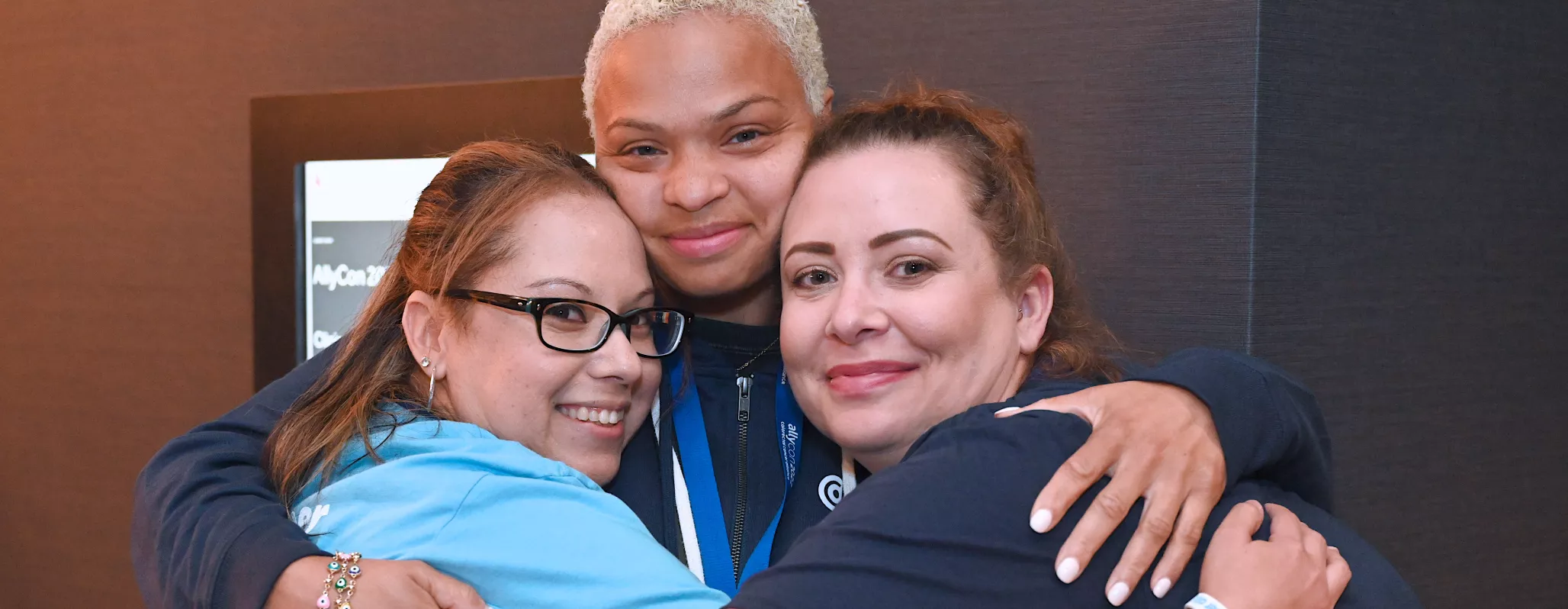
Get involved
Make the mission to end colorectal cancer your own. The Colorectal Cancer Alliance empowers a nation of allies to participate, fundraise, and volunteer. There are so many ways to take action!
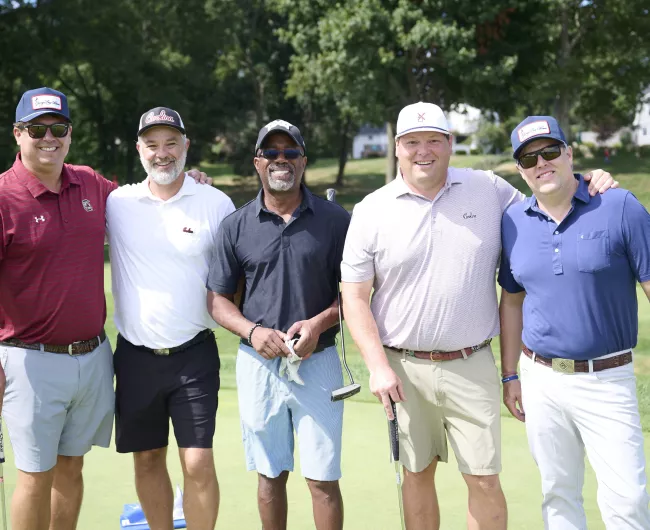
Launch a fundraising campaign
From golf tournaments to your next marathon, we can help you turn your passion or hobby into a do-it-yourself fundraiser to help end colorectal cancer in our lifetime. Create your fundraiser with our toolkits and online platform. We have lots of messaging to help you tell your story.
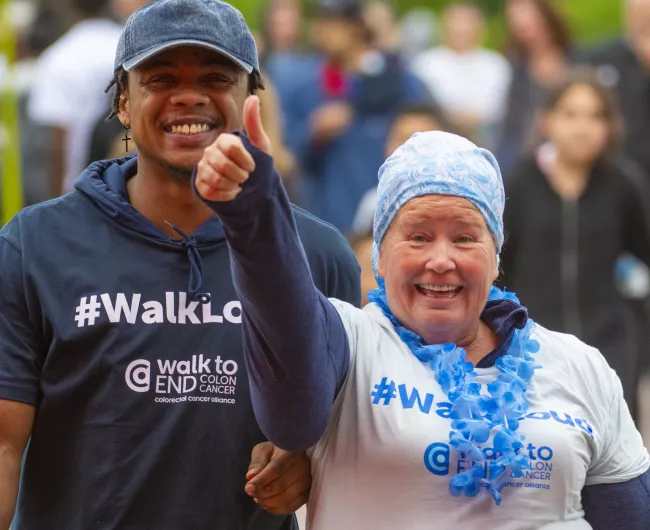
Attend an event
The Colorectal Cancer Alliance hosts events all across the U.S. dedicated to raising awareness and funds to combat colorectal cancer. We want you to join us. When you participate in one of our events, you'll help make a meaningful difference. Find an event now.
Join our community of volunteers
Volunteers make a difference from their homes and in their communities. Share your story, raise awareness, or lend a helping hand.
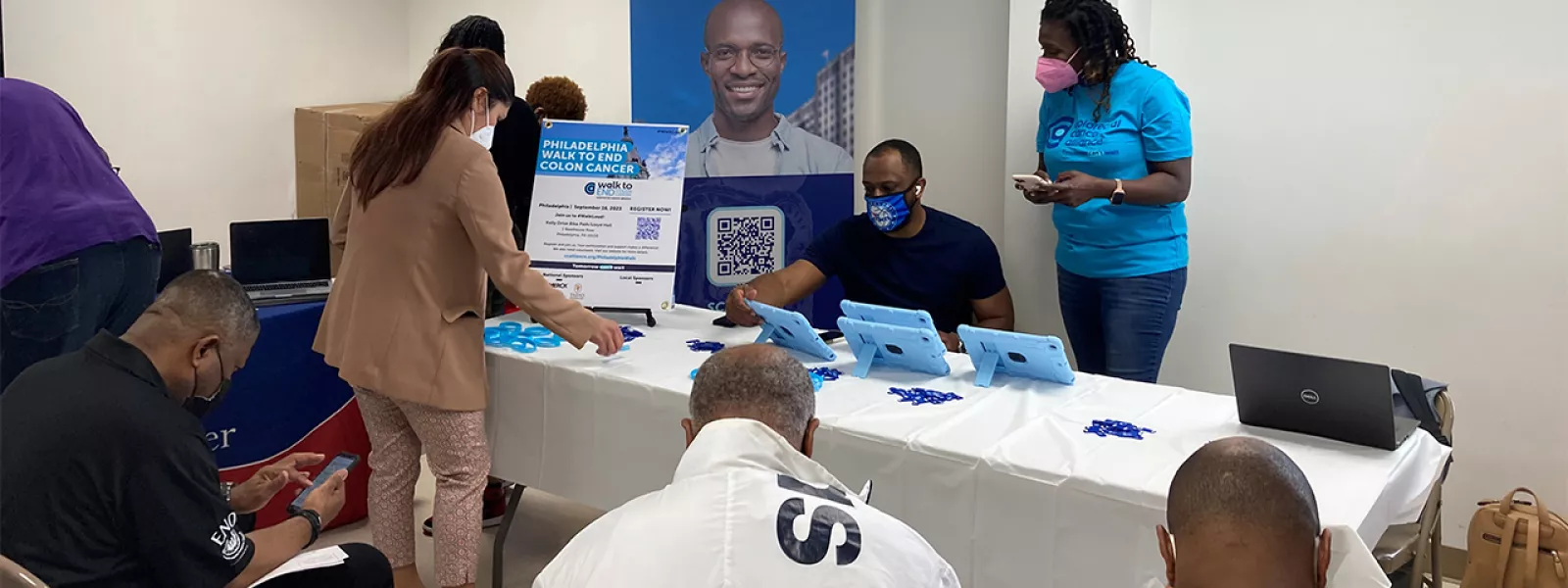
More ways to help
You can make a difference today. Explore more ways to make a meaningful impact in the mission to end colorectal cancer.

Become an advocate
Together, we are stronger. Our Allies in Action grassroots advocacy program provides the tools and opportunities to make change in your own community, state, and beyond.
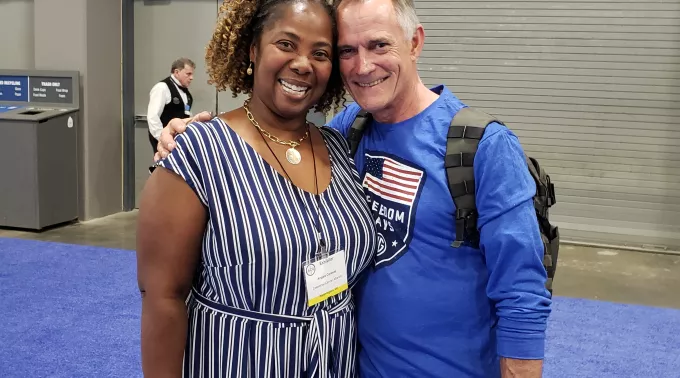
Partner with us
Whether you're an advocacy group, social organization, or healthcare provider, we want to work with you to end colorectal cancer in our lifetime. Discover ways to partner with us.

Get social
Your voice is powerful! Tell your community about colorectal cancer prevention with these copy-and-paste social media posts.
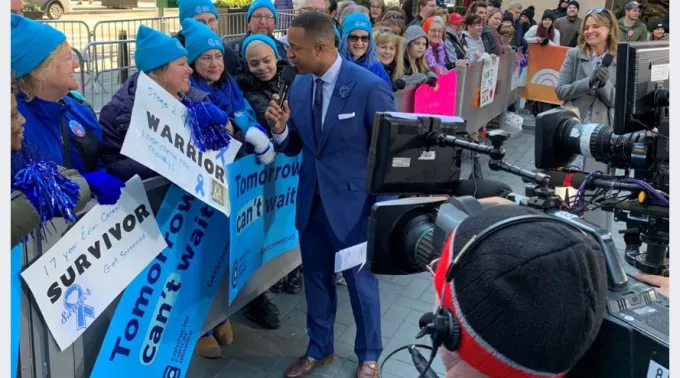
Dress in Blue Day
By wearing blue, you bring awareness to colorectal cancer and support our work—as well as honor all who are impacted by this disease.
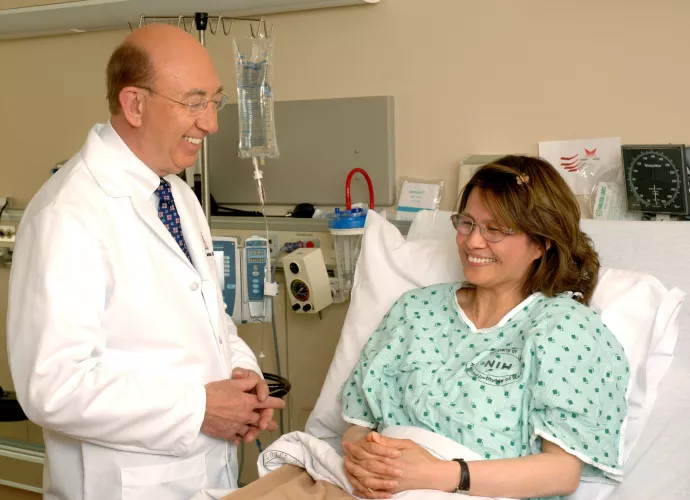
Donate to end colorectal cancer in our lifetime
Every dollar increases access to screening, provides invaluable patient and family assistance, and helps to fund critical research.
There are many ways to donate
Supporters can contribute to our mission in countless ways, and every dollar makes an impact.
Planned giving
When you support the Colorectal Cancer Alliance with a gift through your estate and financial plans, you will be making a transformational difference for years to come.
Honor a loved one
A tribute page is a unique way to honor a loved one’s legacy, recognize their journey with colorectal cancer, and raise money to support the Alliance’s mission.
Monthly giving
By becoming a monthly donor, you will provide continuous support to the Alliance that makes our mission possible. Your monthly gift will make an impact.
Workplace giving
Many companies offer workplace giving programs that deduct a gift directly from your paycheck—A convenient way to support the Colorectal Cancer Alliance.
Join us for National Colorectal Cancer Awareness Month
March is National Colorectal Cancer Awareness Month. Help us spotlight colorectal cancer and inspire more people to get checked starting at age 45.
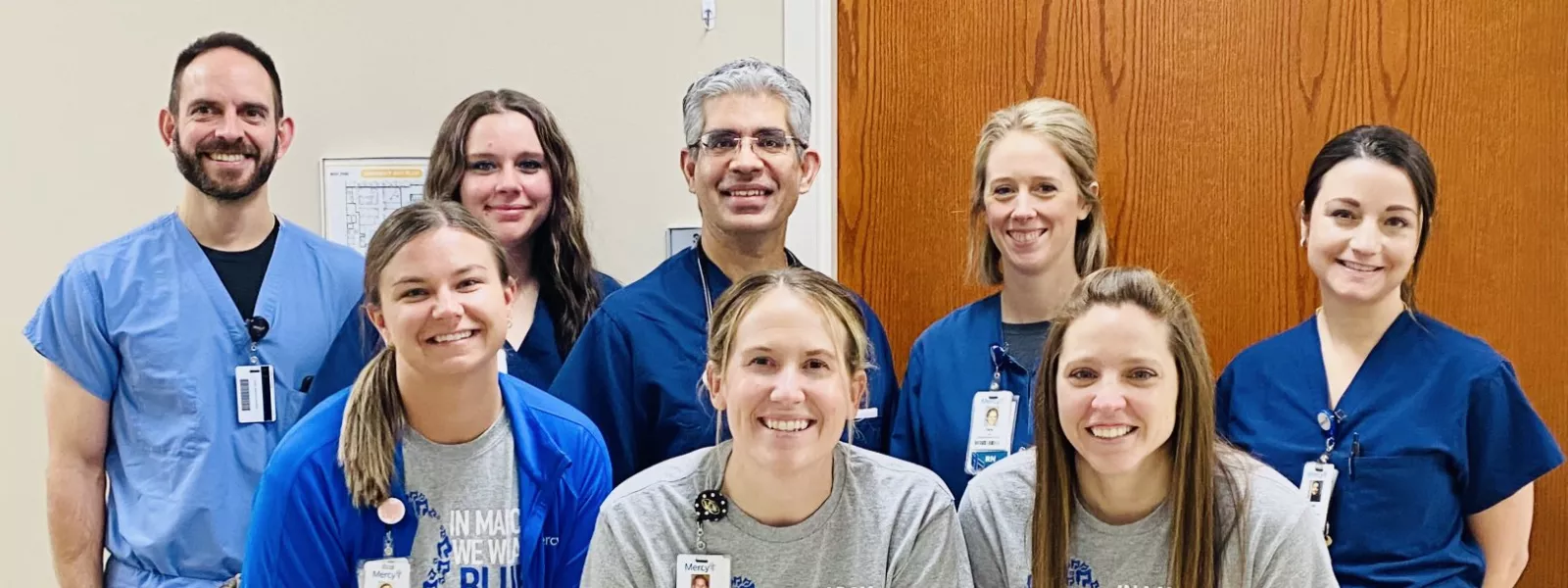
Top resources

Cousins to Rev Down Route 66 for a Reason
In a remarkable blend of adventure and advocacy, cousins John, Mitch, and Mike are gearing up for a cross-country charity journey along Route 66. Their mission? To raise awareness and support for two important causes: cystic fibrosis and colorectal cancer.
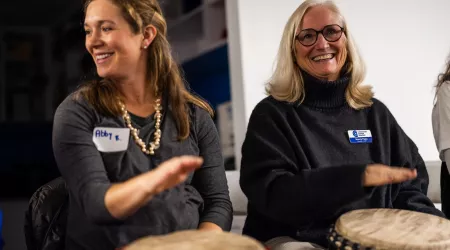
Volunteer spotlight: Nancy Pope
Get to know Colorectal Cancer Alliance volunteer Nancy Pope and consider being a service to the community yourself.
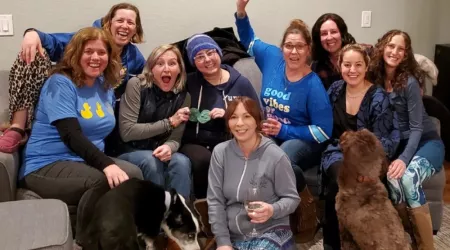
Volunteer spotlight: Jill Loftus
In this Q&A, get to know Jill Loftus, a passionate and dedicated Colorectal Cancer Alliance volunteer from Denver.





